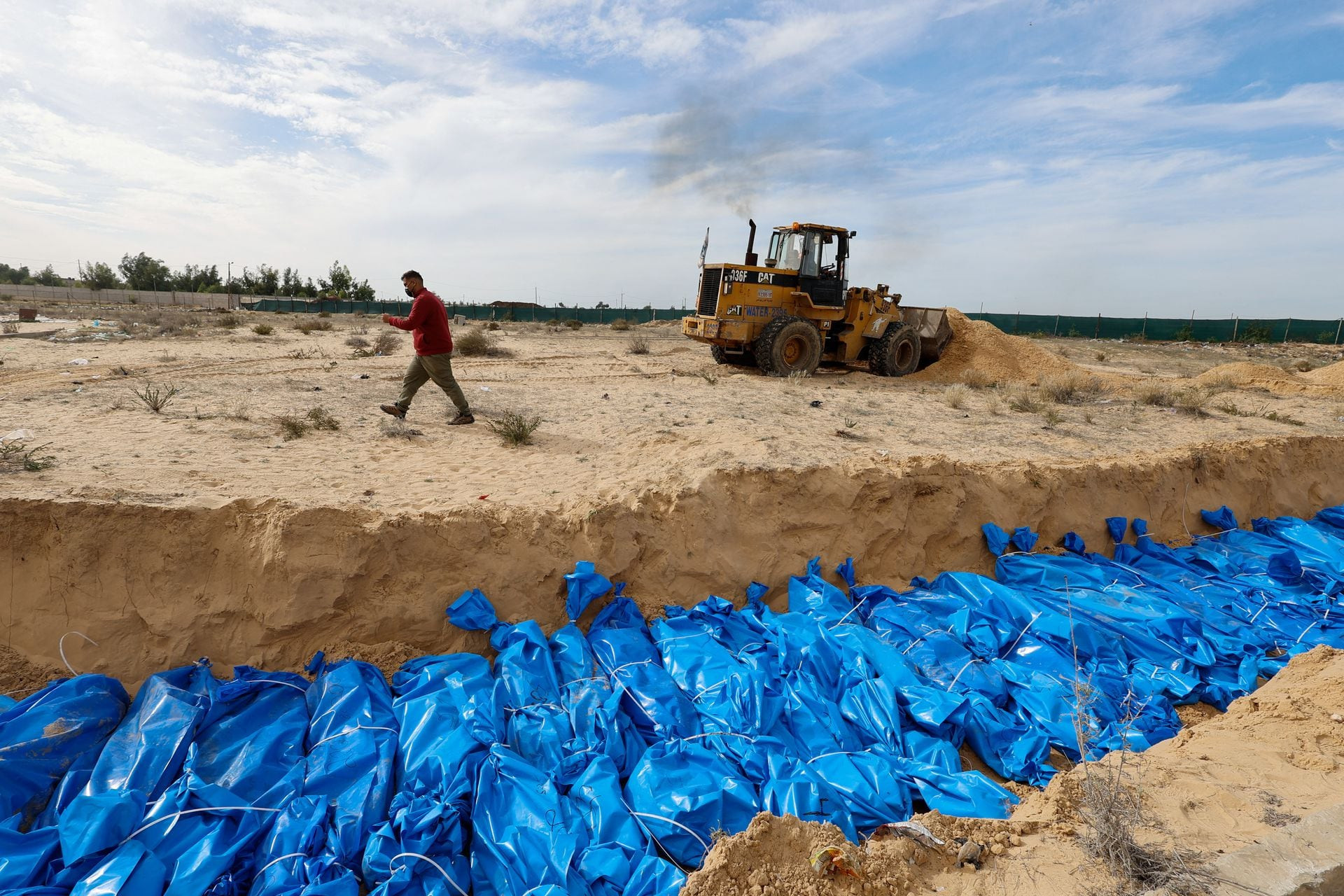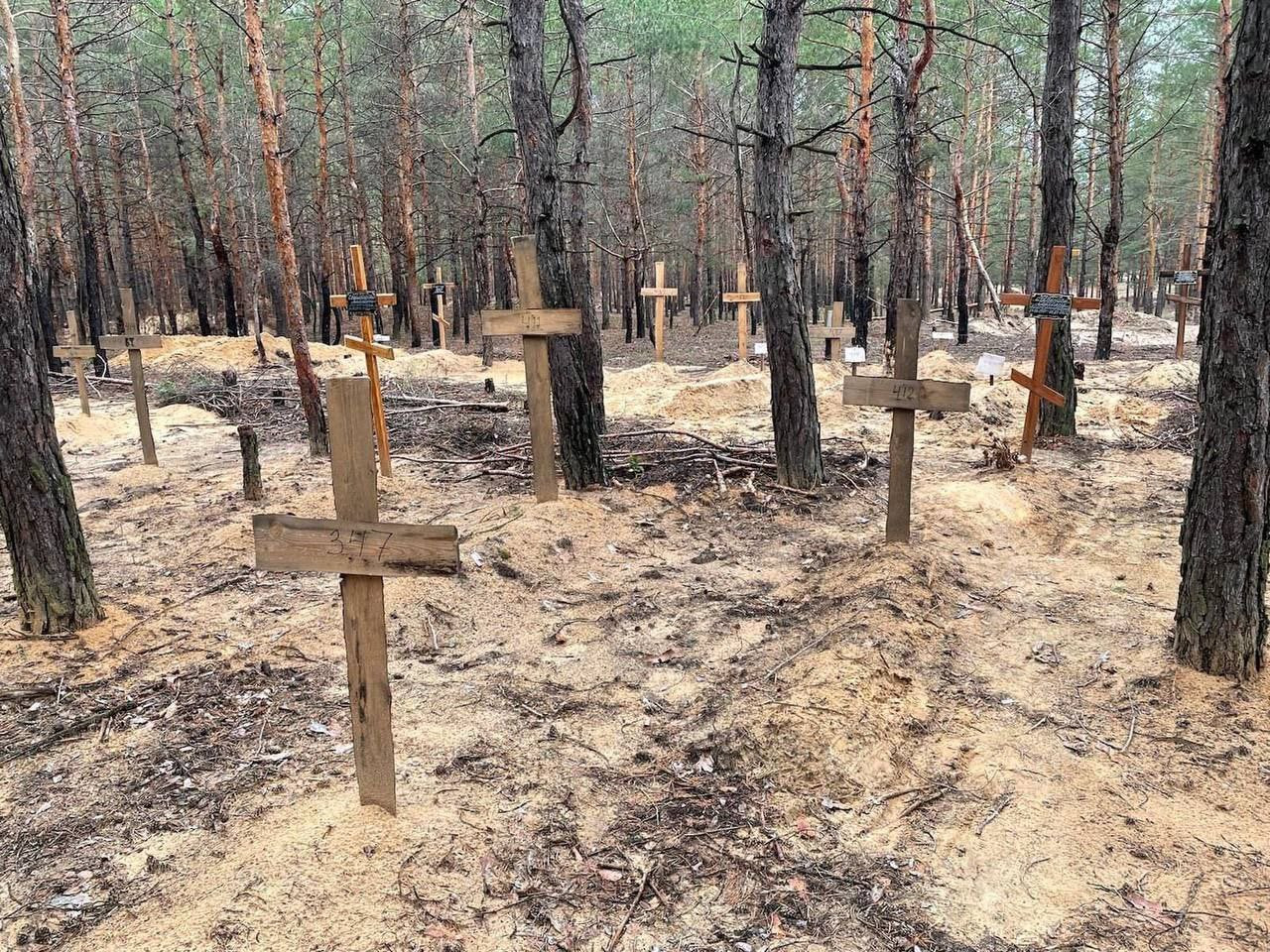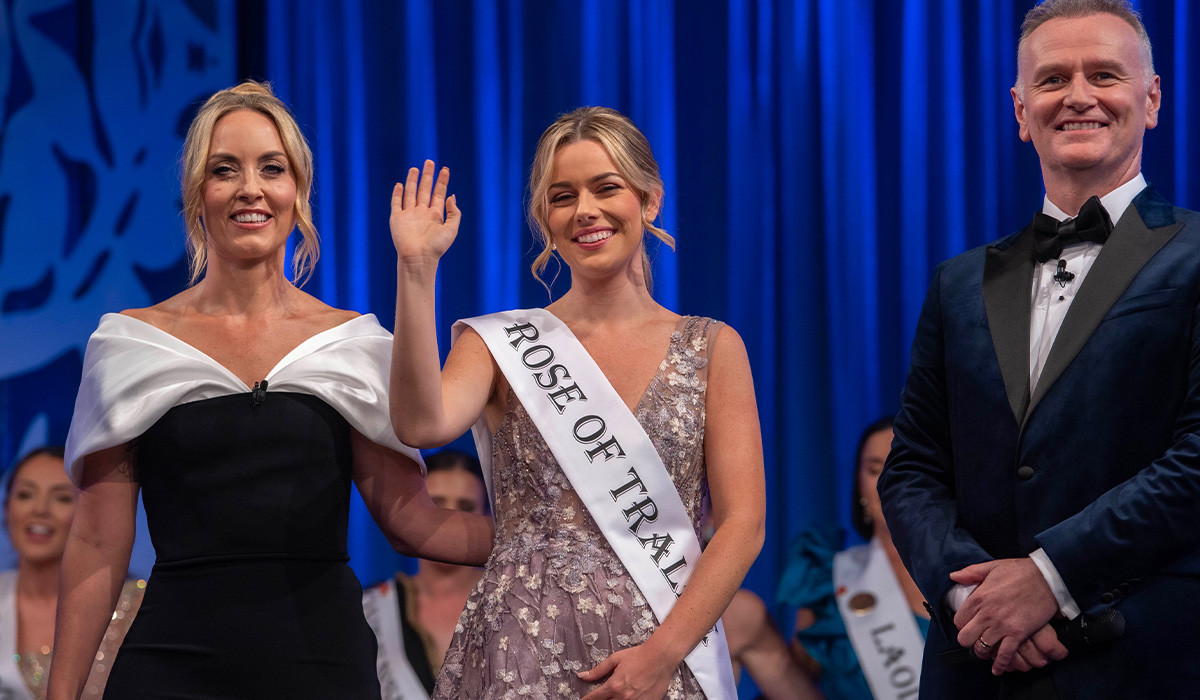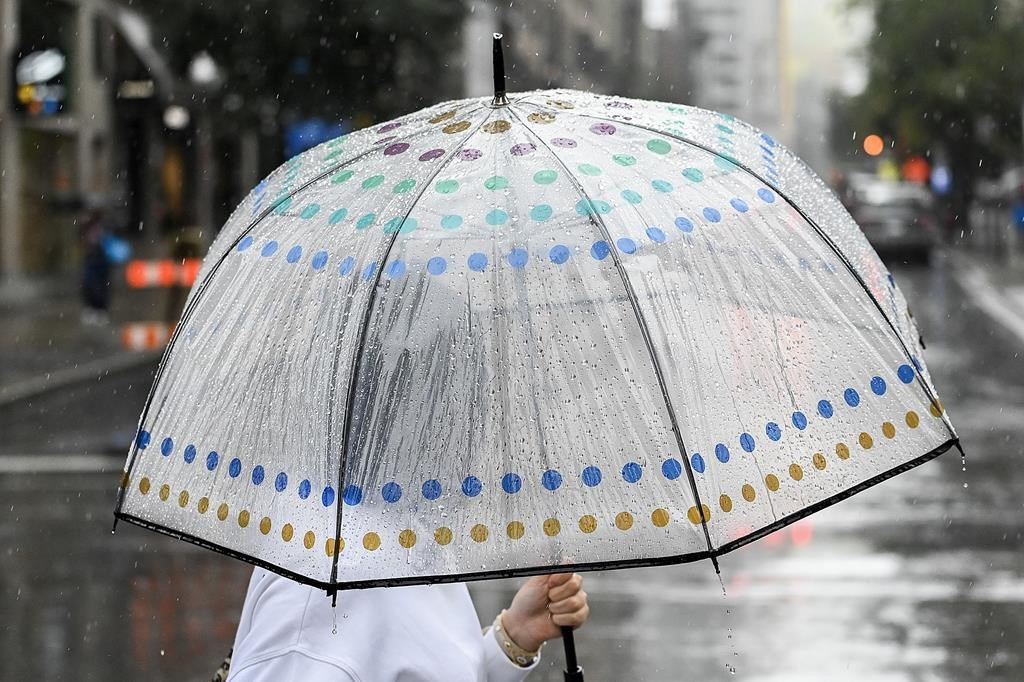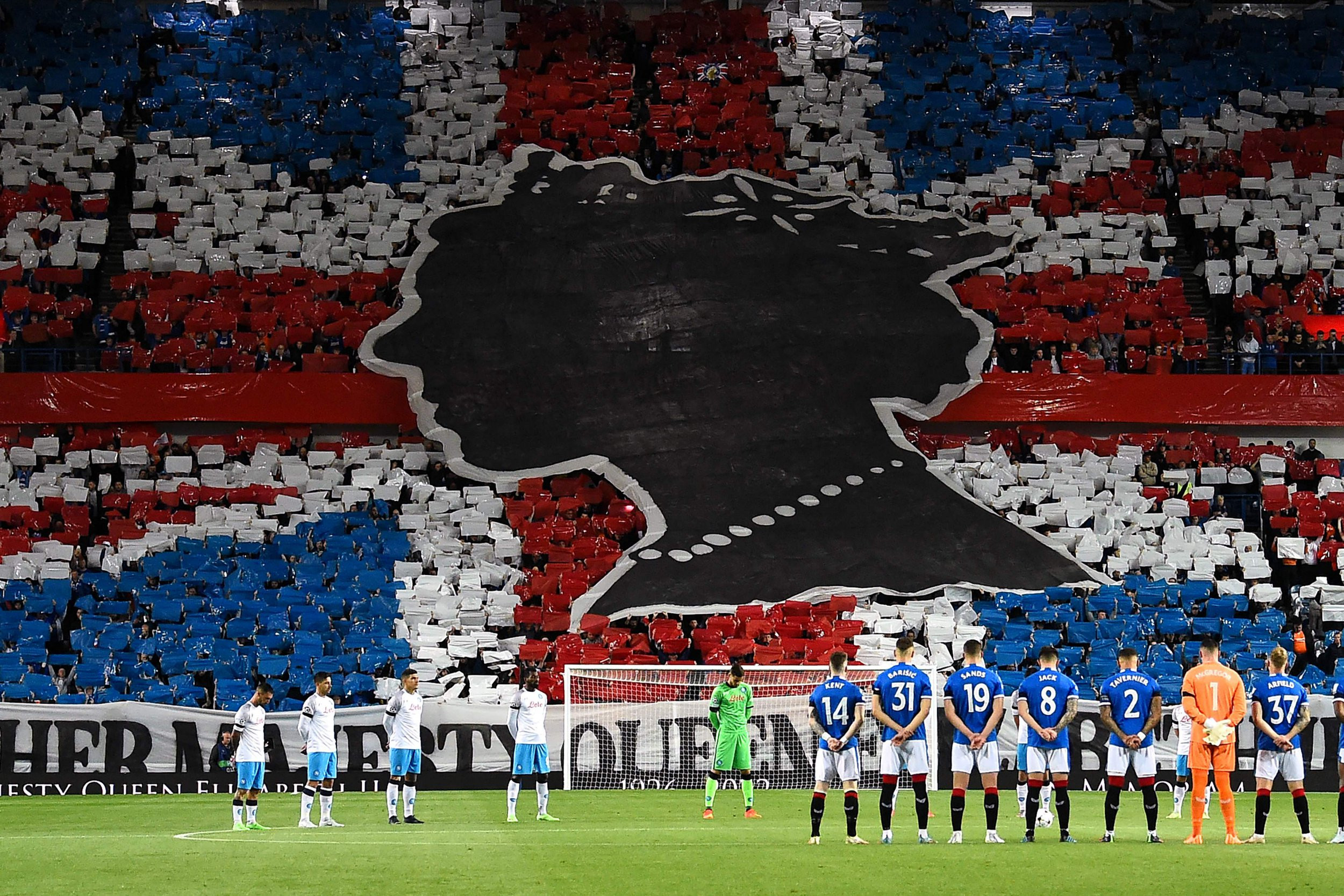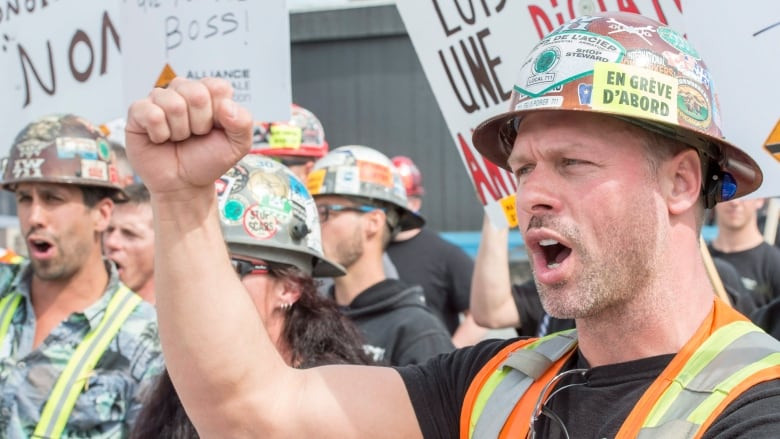A mass grave containing more than 300 bodies, including babies and children, has been uncovered in an Oldham cemetery. The majority of the bodies belonged to stillborn babies and children and were found in a 12x12ft grave in Royton Cemetery in the Greater Manchester town.
Local councillors said they were discovered by a woman looking for her twin brothers who died in 1962, with one stillborn and the other dying within five hours of birth.
In a statement, the Royton Independent councillors said: “Her mother and father never saw or held them. They were taken away, and sadly, that was the case. Back then, stillborn babies were taken by hospital staff to be ‘buried with a nice person’.
“It’s a stark injustice that parents were denied the fundamental right to bury their babies, a right that should be inherent and unquestionable. This situation should stir our collective sense of fairness and empathy.”
Further checks found the mass grave contained 303 bodies including 146 stillborn babies, 128 babies and young children and 29 adults.
“Imagine the shock and disbelief when our resident discovered that her brothers shared a mass grave with 303 others in Royton Cemetery,” they said, adding she needed emotional and practical help to cope with the trauma.
The councillors added the grave is not the only one of its kind in Royton Cemetery - with one in a Catholic area, another in a non-conformist area, and one in the Church of England section. The post questioned how many other unnamed babies remained in unmarked graves across the country.
They added: “Only 147 names were online, and 156 names were missing; since we brought this to the attention of the staff at Hollinwood Cemetery, this has now been rectified, and all information for Royton Cemetery is up to date.”
The statement signed off by councillors Maggie Hurley and Jade Hughes concluded: “We cannot change what has happened, but we can ensure that the babies born sleeping are named, recognised, and never forgotten.”
Arooj Shah, leader of Oldham Council, said councillors will “consider the suggestion being made” with a “matter of urgency”, adding the grave is not “newly discovered”.
“Sadly, the burying of people, including babies and children, in unmarked graves happened in graveyards all around the country years ago,” Ms Shah added.
“Thankfully, things have changed and improved over the years. The government now pay for the funerals of stillborn babies and anyone up to the age of 18 if necessary. Public graves are no longer used.
“The council cemeteries staff also works with the funeral director and carry out the expressed wishes. The hospital and ourselves keep records of the burial, which can be located by families whenever they want.
“Alternatively, the family can make their own arrangements for burial in an individual grave plot via a funeral director and would install their own memorial.”
The Heartbreaking Reality of Unmarked Graves
The discovery of the mass grave in Oldham is a heartbreaking reminder of a practice that was sadly common until the mid-1980s. Families were often not consulted about the burial of their stillborn babies or babies who died shortly after birth, leaving them with no knowledge of where their child’s remains were laid to rest.
According to stillbirth and neonatal death charity Sands, “Before then, parents were not usually involved and many were not told what happened to their baby’s body.” In many cases, stillborn babies were buried in shared graves with other babies, further deepening the sense of loss and uncertainty for grieving parents.
A Movement for Recognition and Remembrance
The discovery in Oldham is part of a growing trend in the UK of uncovering mass graves containing the remains of stillborn babies. This has prompted a movement to acknowledge the grief of parents who were denied the chance to say goodbye to their children and to ensure that these babies are remembered and honored.
One woman who has spearheaded this effort is Paula Jackson, who founded the charity ‘Brief Lives – Remembered’ in 2004. Jackson has dedicated her life to helping families find the graves of their stillborn babies, successfully locating the final resting places of nearly 3,500 babies. Her efforts have highlighted the importance of ensuring that parents have access to information about their children's burials and that these babies are not forgotten.
A Call for Change and Compassion
The discovery of the mass grave in Oldham has sparked outrage and calls for a memorial to be erected in honor of the deceased. The incident also underscores the need for ongoing advocacy and support for bereaved parents who have lost babies. It is vital that parents are involved in every step of the process when a baby dies, and that they have the resources they need to grieve and heal.
The discovery in Oldham is a reminder of the importance of acknowledging the grief of families who have lost babies. It is a call for compassion and for a society that recognizes the value of every life, no matter how short. We must strive to create a world where all babies are honored and remembered, and where bereaved parents are given the support they need to navigate their grief and find healing.
A Legacy of Loss: Unveiling the Silent Stories
The discovery of the mass grave in Oldham is a chilling reminder of the past, but it also serves as a call to action for the future. The world has changed significantly since the 1980s, with advancements in medical care and a greater understanding of the importance of parental involvement in the grieving process. But the pain of those who were denied the chance to say goodbye to their babies remains, and their stories must not be forgotten.
The discovery in Oldham has sparked a movement for recognition and remembrance, bringing to light the silent stories of loss that have been buried for generations. As we honor the lives of these babies, let us also work to ensure that future generations never face the same injustices.
Let us strive to create a world where every baby is valued, remembered, and given a proper farewell. Let us learn from the past, so that we can create a future where no parent has to endure the unimaginable pain of losing a child without the chance to say goodbye.




